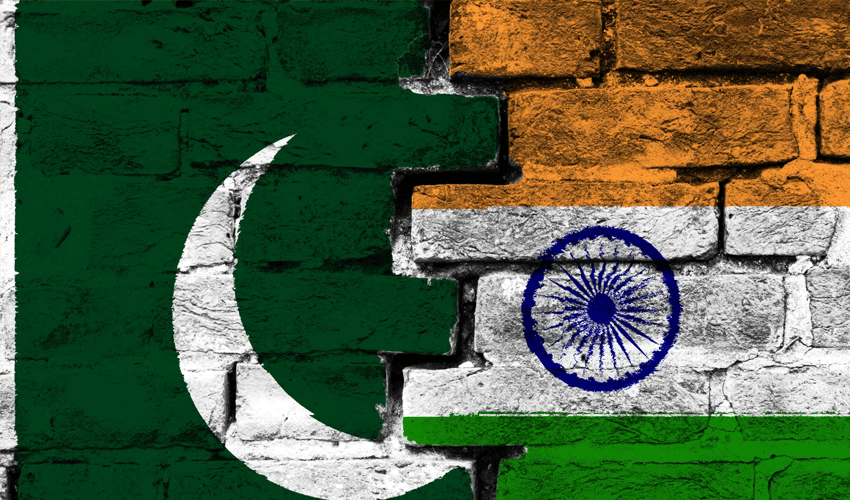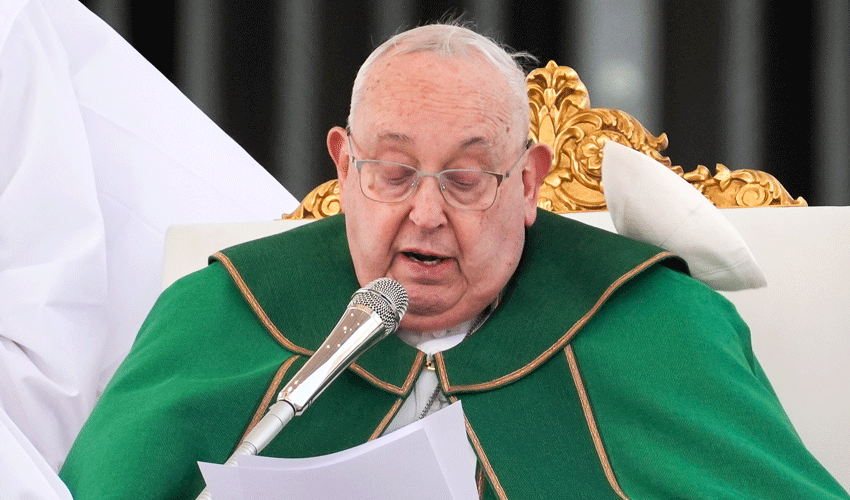Pakistan on Thursday ordered all Indian nationals to leave the country within 48 hours, with the exception of Sikh Yatris currently undertaking religious pilgrimages.
The move came after a high-level meeting of the National Security Committee (NSC), chaired by Prime Minister Shehbaz Sharif, in response to India's sweeping measures against Pakistani citizens and diplomats.
The NSC categorically rejected what it called “politically motivated and baseless allegations” made by India, and warned that any “water aggression” related to the suspension of the Indus Waters Treaty would be considered an act of war.
The Pakistani Foreign Office, in a late-night press briefing, announced the expulsion of all Indian diplomats, including the Indian Defence Attaché, and recalled its own High Commissioner from New Delhi. All Indian personnel at the Indian High Commission in Islamabad have been directed to vacate their premises within seven days.
The development follows a series of aggressive announcements from New Delhi earlier in the day, where Indian Prime Minister Narendra Modi, after chairing a cabinet meeting, ordered the cancellation of visas of all Pakistani citizens and instructed them to leave India within 48 hours. India also declared Pakistan's Air Force and Navy attachés as persona non grata, suspended the Indus Waters Treaty, and shut down the Integrated Check Post at Attari for Pakistani citizens, effective immediately.
India further announced a halt to visa issuance under the SAARC framework, escalating tensions between the two nuclear-armed neighbours.
In its response, Pakistan stated that Sikh Yatris on religious visits would be allowed to complete their scheduled programs “in accordance with Pakistan’s historical and moral commitments to religious freedom and minority rights.”
Kashmir Incident Triggers Diplomatic Storm
The current standoff was triggered by an incident on April 22 in the Pahalgam area of Anantnag district in Indian-administered Kashmir, where Indian authorities blamed Pakistan-based elements for alleged cross-border terrorism.
Pakistan, however, firmly rejected the accusations. “These are typical diversion tactics employed by the Indian government to deflect international attention from human rights abuses in occupied Jammu and Kashmir,” the NSC said in its statement.
The committee reiterated Pakistan’s unwavering stance on the Kashmir issue, calling it a “disputed territory under UN Security Council resolutions.” It emphasized that Kashmiris must be granted their inalienable right to self-determination.
Regional Concerns and International Response
Foreign policy analysts warn that the deterioration in diplomatic ties could have serious implications for regional peace and security. Tensions around the Indus Waters Treaty, a key agreement brokered by the World Bank in 1960, are of particular concern.
“The treaty’s suspension threatens food security, agriculture, and livelihoods in Pakistan. If India weaponizes water, it will not only breach international law but provoke an existential crisis,” a senior Pakistani official said, requesting anonymity.
There has been no immediate comment from major world capitals, but diplomatic sources confirm that both the United Nations and World Bank have been briefed by Pakistan on the gravity of the situation.
Sikh Pilgrims Welcomed
In a gesture aimed at preserving interfaith harmony, the Pakistani government assured that Sikh pilgrims currently visiting Gurdwara Darbar Sahib in Kartarpur and other religious sites across the country will not be affected by the expulsion order.
“We honour our commitment to religious freedom. The Sikh Yatris are our guests and will be treated with the utmost respect and care,” said the Foreign Office spokesperson.



























